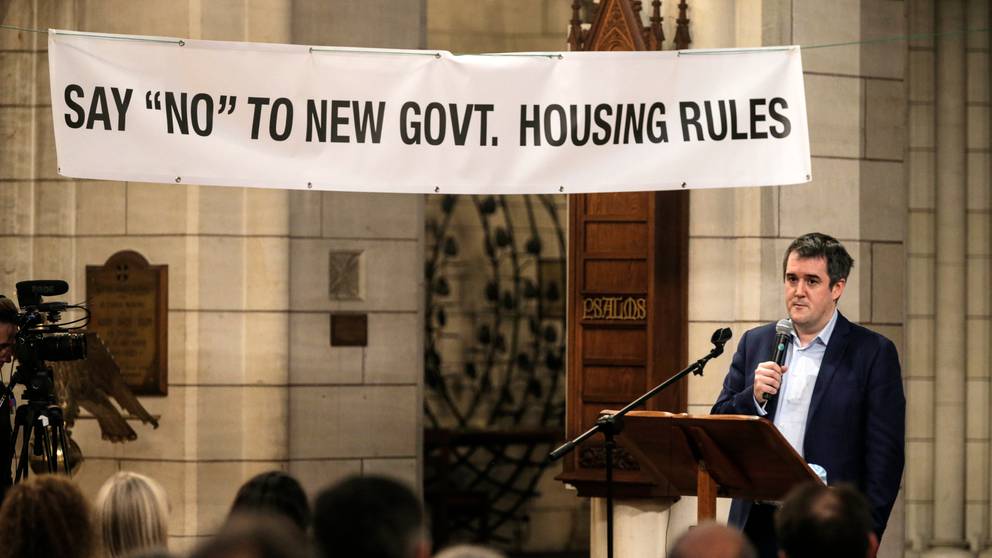
This public meeting at St Matthews-in-the-City on Sunday, 31 July was well attended and has been well covered in the media.
Below are extracts from speeches given by Sally Hughes, spokesperson of the Character Coalition, and Sandra Coney QSO, from the Waitākere Ranges Local Board.
Councillors who attended the meeting were Albany Ward Councillors, Wayne Walker and John Waston, and Waitematā and Gulf Ward Councillor, Pippa Coom.
Sally Hughes:
“Intensification, in appropriate places and with design standards that make properties liveable for both those in, and those neighbouring, new buildings is essential. It is a human right to have a warn dry house.
“We still can and should intensify but in ways in which don’t destroy the character of our communities.
“There is no reason why keeping our heritage should be an either/or. We can and must provide for intensification without losing what makes Auckland special.”
Sandra Coney:
“We are indeed fortunate that we have this living legacy of the early development of Auckland, which tells us about our past and the aspirations of our forebears. People live in and families are created in the same houses built for our forebears 4 or 5 generations ago. To quote Murdoch [Auckland Regional Council’s historian] again: ‘The wooden heritage houses and associated streetscapes of Auckland city are an extremely important component of the historic heritage of Auckland City that should be protected. They are also of significant interest to the international community, and to the tourists who visit the city annually. Most importantly they are of growing significance to the people who live in them, and to the residents of the wider Auckland region.’
“These inner-city suburbs tell the story of the beginning of our city but also how it has developed and changed. Suburbs go through eras, and what was yesterday’s working families’ home is today’s stylish city pad. But that’s no reason to remove them. It’s a reprehensible kind of post-colonial cringe that wants to try and obliterate our past. It also shows a disappointing lack of knowledge of our history. History is not just about big important events or national figures, but the social fabric represented by our material world: the aspiration for egalitarianism we once valued and how far we have retreated from it. If people are too poor to afford houses, trashing our heritage is not the answer: instead, we need to pay people decent wages and eliminate gender and ethnic inequities, build more state housing and provide cheap loans and housing schemes.”
Image: MP Chris Bishop addresses the meeting (Credit, NZ Herald)
